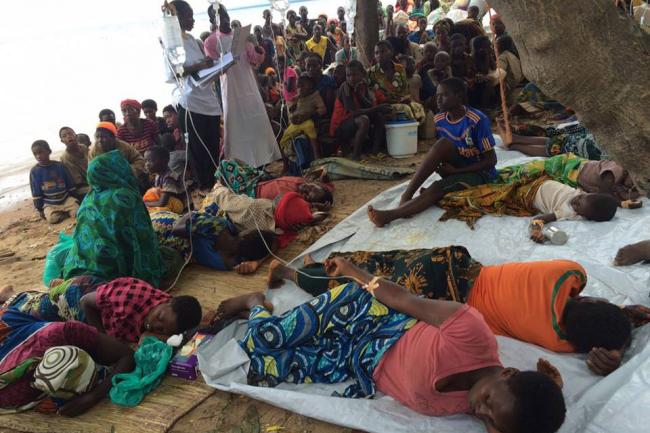22 May 2015

In a press release issued earlier on Thursday, UNICEF confirmed it had dispatched cholera treatment supplies, as well as water, sanitation, health and nutrition items to stem the spread of cholera among 50,000 Burundian refugees living rough along the shores of Lake Tanganyika.
The influx of Burundian refugees into Tanzania has been steadily increasing since the 13th May declaration of a coup d’état against Burundian President Pierre Nkurunziza.
Burundi’s unrest has forced more than 110,000 people to flee to neighbouring countries and the current cholera outbreak has already claimed 27 lives.
“Children constitute more than half of the population on the move and are particularly vulnerable to cholera,” said UNICEF Regional Director for Eastern & Southern Africa, Leila Gharagozloo-Pakkala.